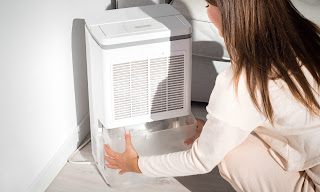Whether you’re remodeling your kitchen or it’s time to upgrade your stove, choosing the right burner for your home is a big decision – especially if you love to cook. We so often find that the kitchen is the heart of the home. It’s busy and bustling with constant activity, and you undoubtedly have many happy memories of delicious meals shared with loved ones.
The difference the right stove can make
If you love to cook and you’ve used both gas stoves and electric stoves, then you’ve surely noticed the difference between the two. The right stove for you will largely depend on your personal preferences, and how you plan to use your burners. For example, induction cooktops, which are electric, are known for cooking food very quickly, temperature precision, and they’re very easy to clean. So if you’re short on time but still want to prepare your meals for the week, or in a pinch, an electric induction stove top might be for you.
On the other hand, gas stove tops are generally cheaper than electric ones. Plus, many cooking aficionados prefer using gas burners because they’re ideal for searing meat and stir-frying veggies. Gas stoves are also compatible with nearly all pots and pans, so you won’t have to buy new cookware if you get a gas oven.
Gas Stoves vs Electric Stoves
There are several key differences between gas stoves and electric stoves.
Gas stoves:
- Don’t use any electricity so you can still cook during a power outage.
- Are easy to monitor because the flame is visible, so it’s more difficult to forget to turn it off. We’ve all experienced moments of forgetfulness, which can be dangerous when stoves are involved.
- Tend to be less efficient than most electric stove models.
Electric stoves:
- Are very easy to clean compared to gas stoves, and we all know kitchens can get messy while cooking. With an electric stove top you’ll have a super quick clean up.
- Cook food more quickly than gas stoves, particularly induction stovetops.
- Are more energy efficient and overall safer than gas stoves, because no dangerous gases are involved.
For more information about the different types of burners and installation needs, please contact our team at Crosstown Plumbing today. We’d be happy to discuss all your options and help you decide on the best choice.
Originally posted https://www.crosstownplumbing.com/choosing-the-right-burner-for-your-home/










